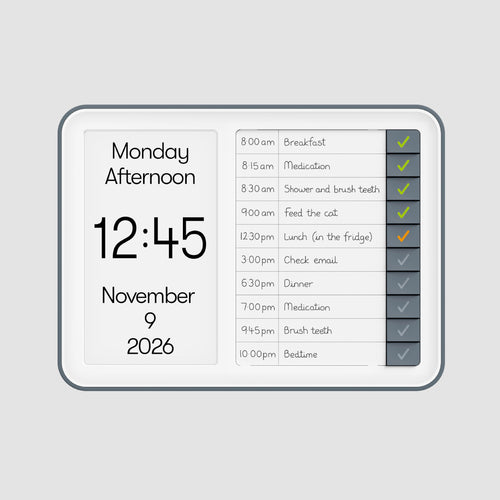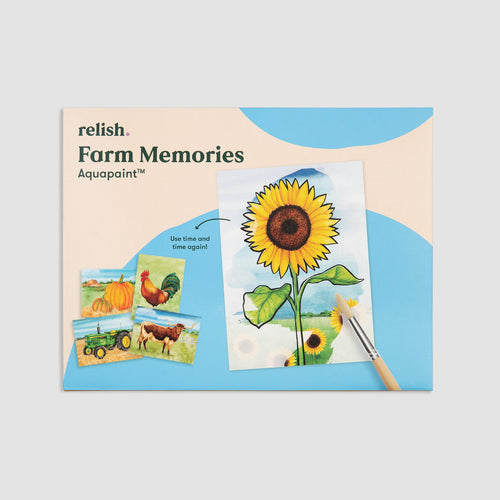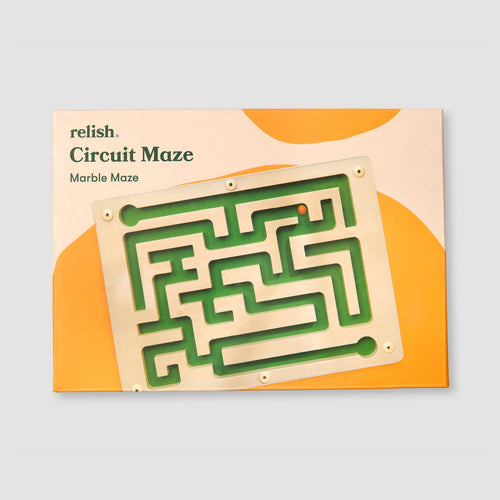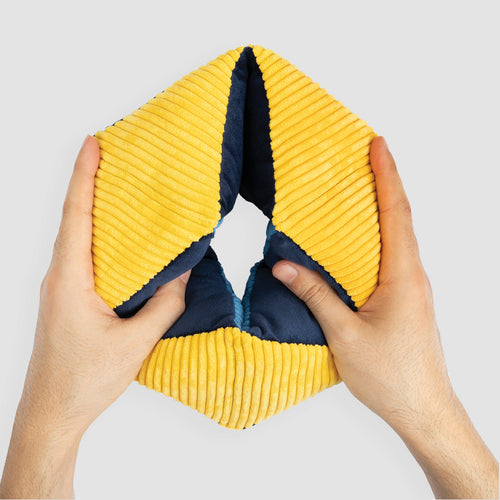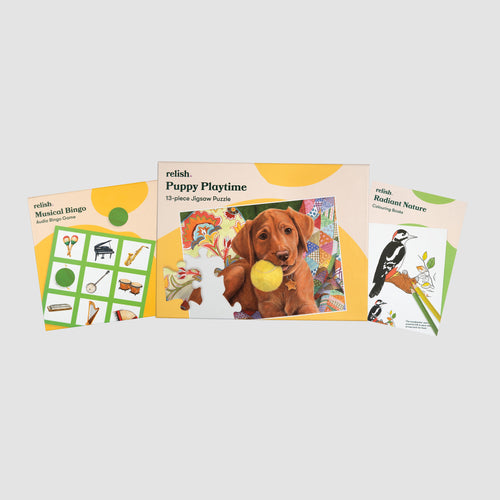We're so excited to share with you our free printable puzzles and activities for dementia that you can use to engage and stimulate the minds of those you care about. Printables offer the benefits of being convenient and portable, allowing you to take activities wherever you go, be it a doctor's waiting room, a family visit or a quiet afternoon at home.
Below is a series of FREE printable activity sheets for dementia that focus on cognitive stimulation, engagement, and overall quality of life.
1. A Roll Down Memory Lane
This activity focuses on sensory and emotional stimulation through a series of questions and prompts that encourage reminiscence. It serves as a smooth conversation starter and allows for an intimate bonding experience. By sharing stories and memories, you can help elevate your loved one's mood and even enhance their emotional wellbeing.
You’ll need:
- A dice
- A set of category questions relating to the numbers on the dice - use this printable guide to help you
The Activity
- Find a quiet spot to sit down, away from other distractions
- Pass your dice to your first player and ask them to throw it
- Take a look at the number and then pick a related question, for example, the number 1 will relate to the category School & Childhood
- Ask a question from that category, giving your player lots of time to talk through their memory and follow it wherever it leads them
- If you’re playing as a group and somebody else feels inspired to share something, then make sure you let them, even if it’s not their turn
- Once your player has finished, move on to the next person and ask them to throw the dice
- Carry on for as long as everyone’s having fun
- And don’t forget to enjoy a cup of tea or two while you’re playing!
2. Job-My-Memory
This activity offers a fun and interactive way to tap into long-term memories related to various professions. It stimulates cognitive function and invites meaningful dialogue around past experiences and interests. By engaging in this activity, your loved one may find a renewed sense of purpose and relive fond memories connected to their work life or aspirations.
You’ll need:
- Large thick card
- Maps and/or images
- Memories gathered from the person or their friends and family - use this printable guide to help you
The Activity
- Interview the person or talk to their friends and family to get as much information as possible about their work. Gather the memories in a quiet spot over a few weeks, taking your time with a cup of tea and a snack
- Collect photos of their workplace, a map of where they worked and stock images (e.g. someone serving in a café or working in an office), etc
- Stick the workplace photo and map onto the middle of the thick white card, and put the other images around it to create a collage
- Write down some of the memories, names of colleagues, things they liked or disliked, etc, on the blank bits of the card
- Put the finished card in their room where they can easily see it
- Create another session where you bring everyone together with their memory collages and discuss them
These two printable activities are just a taste of what Relish has to offer! If you find these resources beneficial and are looking for more, we invite you to sign up with your email to gain free access to our full bank of 100+ dementia activities.
All of our activities have been designed to engage, stimulate, and bring joy to those living with dementia and memory loss.
Activities to Help with Memory Loss
There is a wide range of activities that can help support memory loss, including:
Engaging the senses
Sensory experiences can be incredibly beneficial activities for people with dementia or memory loss. Even simple activities like listening to music, smelling a familiar scent, or touching a soft fabric can evoke pleasant memories and emotions.
Here are some activities we’ve created specifically to engage the senses:
- Musical Interlude - Take it in turns to listen to and enjoy your favourite songs.
- Walk Back Through Time - Smell different scents to evoke past moments.
- Sense & Feel The Fabrics - Touch familiar fabrics and chat about what they bring up.
Browse more sensory activities here.
Enjoying arts and crafts
Arts and crafts aren't just fun, they can be therapeutic as well! Focusing on a task like painting, knitting, or even working with buttons can provide an enormous sense of accomplishment. It's a chance to tap into quiet mindfulness, too, as well as stimulating cognition.
Here are some arts and crafts activities we recommend:
- Paint A Masterpiece - Emulate the colours and shapes of Van Gogh’s sunflowers!
- Button Art - Create a beautiful piece of art by reusing old buttons.
Browse more arts and crafts activities here and browse our range of therapeutic arts and crafts products for dementia here.
Reminiscing Together
Reminiscence can serve as a beautiful way to connect with dementia patients. Flipping through old photos, watching home videos, or simply sharing stories can stir positive feelings and even spark conversations. You never know what you may learn!
Here are some ideas for reminiscing:
- Favourite Holidays - Revisit holiday destinations by flipping through old snaps.
- Reminisce With Me - Spend dedicated time talking about the things you love.
- All About Me - Celebrate the unique things that make you who you are.
Browse more reminiscence activities here.
Get Moving
Staying physically active is crucial for everyone’s wellbeing, but it’s especially vital for people living with memory loss. Simple exercises like stretching, walking, or even seated yoga can significantly impact mood and overall health.
Here are some activity ideas centred around being more active:
- Daily Routine Movement - Do a simple exercise routine based on everyday tasks.
- Just Strolling Along - Take a little walk outdoors and discuss what you can see.
Browse more activities to stay active here.
Cooking and Baking
If your loved one used to enjoy cooking or baking, why not bring back that joy? Engaging in familiar activities can bring back a sense of self and accomplishment. With the appropriate supervision and kitchen tools designed for safety, whipping up a tart, cookies, or a dessert can be a fulfilling experience.
Here are some of our recommended recipes:
- Jam Tarts - Bake some delicious jam tarts quickly and simply with this recipe.
- It’s Cookie O’clock - Whip up a batch of chocolate chunk cookies in no time!
- Fruity Meringue Nests - A lovely light pudding, ideal for spring and summer days.
Browse more food-related activities here.
Jigsaw Puzzles
Working with specially designed puzzles that feature high-contrast images and fewer pieces provides an appropriate level of challenge while still being achievable.
People in the earlier stages of dementia would enjoy more challenging puzzles of 63-100 pieces, such as this Farm Life 100-piece dementia puzzle.
While those in the mid stages of dementia or with limited fine motor skills would benefit most from simpler puzzles of 13-35 pieces, which have larger pieces for easy handling, such as this popular Fair's in Town 35-piece puzzle or this 35-piece dementia puzzle pack.
Our mixed pack of dementia-friendly puzzles contains puzzles from 63 to 13 pieces, ideal for mixed ability groups.
Browse our full range of jigsaw puzzles for dementia here.
Personalised Activities
Every person is different, and it’s important to tailor activities to your loved one's interests and abilities. Personalised activities help people with memory loss engage on a deeper level, but can also make them feel valued and understood.
Relish offers a range of dementia products, including dementia puzzles and a dementia radio, based on interest and dementia stage, that allow you to select a mix of activities that will resonate most with your loved one.
Adapting Activities for Different Stages of Memory Loss
People with dementia’s experience is varied and unique, so the level of engagement with activities can differ based on the severity of their condition. It's essential to be mindful of this when choosing activities.
Here are some tips to help you adapt activities for different stages of dementia:
Early Stages of Dementia
- Bear in mind that people in the early stages of memory loss may still enjoy complex puzzles or strategy games that they were fond of before, such as this dementia-friendly wordsearch.
- You may want to read short stories or news articles together and then discuss them and share opinions.
- Painting, knitting, playing a musical instrument and other skill-based hobbies can usually still be enjoyed at this stage.
- Regular participation in memory games for dementia can provide cognitive stimulation, which helps to maintain existing skills and provides a sense of achievement for people experiencing memory loss. Why not try out this Category Snap game? It's a fun image association game for dementia that challenges players to match cards based on category (e.g. tools, animals).
Browse activities for the early stages of dementia here.
Mid Stages of Dementia
- It may be a good idea to switch to simpler versions of puzzles or games. For example, if they loved chess, maybe a game of checkers would be more suitable now.
- Utilise picture books, simple crafts, music playlists of their favourite songs and other audio-visual stimuli to engage them.
- Do short-term memory exercises to jog the memory and help stay mentally active.
- This Higher or Lower activity simply requires a pack of cards and is a fun reminder of the popular TV show hosted by Bruce Forsyth.
Browse activities for the mid-stages of dementia here.
Later Stages of Dementia
Focus on sensory experiences like smelling different scents, feeling various textures, or listening to calming sounds. Relish's sensory and fidget toys are also excellent for this. Prioritise touch with gentle hand massages or brushing their hair, which can provide comfort and a sense of connection. Simple sorting activities like sorting coins or buttons by size or colour can offer a sense of accomplishment.
Browse activities for the later stages of dementia here.
General Tips for Adapting Activities
- Be Flexible: If an activity isn't engaging them or is causing frustration, it's okay to switch gears and try something else.
- Follow Their Lead: Pay attention to their mood and interest level. It’s not about completing the activity successfully, it's about the process and the engagement.
- Celebrate Small Wins: Always celebrate the efforts and small victories. A smile or a shared laugh can be the most significant win of all.
By scaling and adapting activities to fit the capabilities of your loved one, you can ensure that they stay engaged, stimulated, and most importantly, happy.
What can you do for memory loss in the elderly?
Memory loss can be a challenging experience, not only for the person who is going through it but also for their family, friends, and caregivers. But it's important to remember that life is made up of moments, and every moment presents an opportunity for joy, engagement, and meaningful connection.
Addressing memory loss isn't just about managing symptoms, it's also about enhancing quality of life through meaningful engagement. Cognitive activities like puzzles, brain teasers, and even simple maths questions can enhance neural connections, giving the brain a much-needed workout.
Importantly, engaging in these kinds of activities can significantly reduce feelings of isolation in everyday life. Memory loss can often lead to a sense of detachment and loneliness, but participating in activities creates opportunities for social interaction, which can improve mood and emotional wellbeing.
Gain FREE Access to 100+ Dementia Activities
Relish’s dementia activity bank is a game-changer for people caring for loved ones with memory loss and dementia. With over 100 free activities and printable resources tailored to various stages of dementia and memory loss, you'll find a treasure trove of options that can be seamlessly integrated into your care routine.
Simply sign up with your email for free access to all dementia activities.
